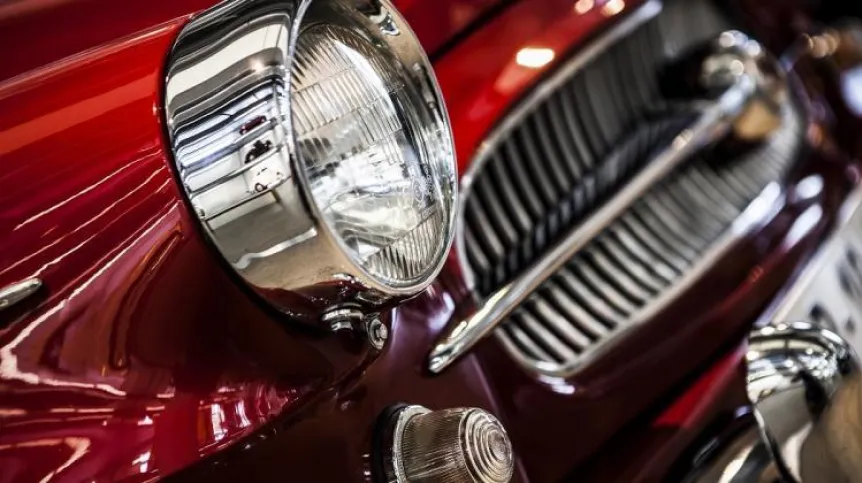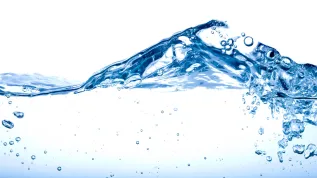
Coatings based on nanoparticles that can heal themselves from corrosion are being developed by the start-up Coat-It, founded by two chemistry and nanotechnology experts.
The coatings can be used to cover car engines, parts of machines operating in difficult conditions, for example in the petrochemical, aviation and energy industries.
Metallic coatings have decorative and protective functions. This includes shiny layers on door handles and belt buckles, but also hard layers on engine parts. Thanks to nanotechnologies, composite coatings can be made of metal containing nanoparticles. They are hard and resistant to corrosion and abrasion. The innovation that the start-up is developing consists in giving the coatings the ability to 'self-heal' from corrosion.
Dr. Alicja Stankiewicz, a protective metallic coatings expert and Dr. Katarzyna Zielińska, who specialises in colloids (methods of mixing substances) and nanotechnology, designed self-healing coatings. They contain microcapsules filled with an active substance, which reduces the damage caused by corrosion.
The chemists started cooperating during their doctoral studies at the Wrocław University of Technology. Later they worked in the chemical industry, in recent years in the UK. They returned to Poland to carry out a project that, in their opinion, could be a technological breakthrough.
The researchers say that their first step was to develop nickel coatings containing zirconium oxide particles. Then they worked on achieving the 'self-healing' effect. Their coatings have longer life, which means that the elements covered with them need to be repaired or replaced less often. This translates into lower operating costs of devices and installations.
They said: “This type of solution is a highly innovative, material-saving technology that minimises the carbon footprint associated with the use of protective coatings.” They added that market analyses show that the industry needs new, improved coating materials that combine high mechanical strength with high anti-corrosion properties.
Laboratory tests carried out by Coat-It have confirmed that nanocomposite coatings are about 60 percent harder than traditional metallic coatings and at the same time exhibit increased resistance to corrosion. The new coatings can be applied with the currently used electroplating methods. The results of their research have been confirmed by the Białystok University of Technology. The chemists filed a patent application as part of the Hub of Talents 2 Starter Platform incubator. The company obtained an investment from the Bridge Alfa programme of the National Centre for Research and Development.
The company is currently conducting research on coatings with the addition of nanoparticles based on cerium, zirconium and silicon compounds. Researchers are also working on self-cleaning and autocatalytic coatings. They will use nanoparticles that break down organic pollutants and can destroy microorganisms under the influence of light. They can be used to coat equipment in hospitals, schools and other public buildings where there is a risk of easy spread of pathogens.
PAP - Science in Poland, Karolina Duszczyk
kol/ ekr/ kap/
tr. RL













